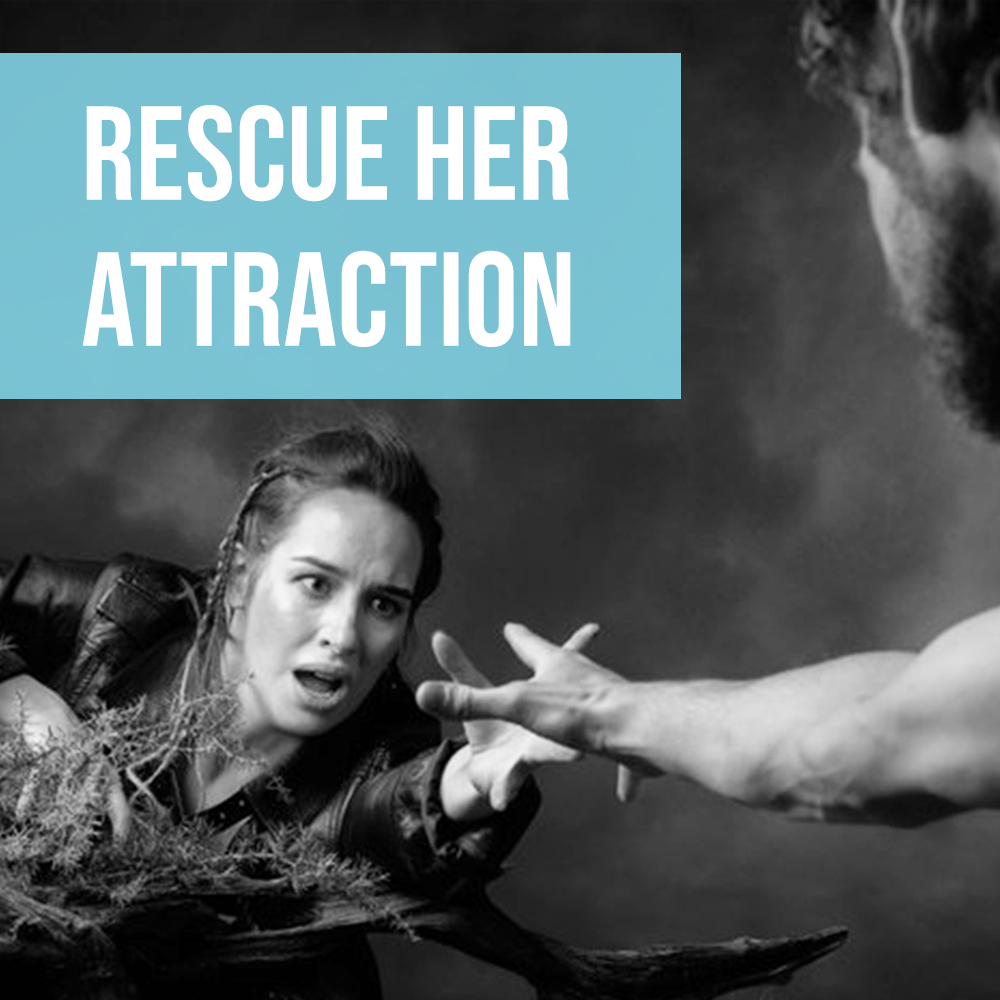In this interview with my good friend Patrycia Slawuta (Pati), we talk about the roots of true confidence and some simple, powerful tips for dealing with the shame that prevents us from feeling confidence.
Pati is currently doing her doctoral thesis on the subject of shame, and her insights are just fantastic.
Pati says, “confidence is about feeling safe to be one’s self,” and that means learning how to effectively deal with the “shame spiral”… when we feel an emotion of self doubt, then feeling shame for feeling that way, which makes it worse, which makes us even more ashamed of ourselves.
Take aways from this video:
1) “Confidence is about feeling safe to be one’s self”
2) When we feel shame, it usually triggers fear and anger – and other humans are HIGHLY attuned to fear and anger in others – which makes people want to avoid you (socially, professionally, intimately, personally, or even casually).
3) You can use open body language to powerfully counteract shame. When you feel shame (or fear and anger), open your body language, stretch your chest upwards, take up space… you’ll instantly feel significantly better. (This works).
4) You can also break the shame spiral by focusing your attention on your current sensory perceptions. Become aware and focused on the details of what you are seeing, hearing, smelling, feeling.
5) Ready to make positive changes? Don’t force yourself to be more positive NOW. It’s a recipe for failure and more shame. Instead, give yourself 30 days in which to experiment and try things out, giving yourself full permission to fail royally and repeatedly along the way. Failures are absolutely necessary to travel the road towards success.
** NOTE THAT THIS INTERVIEW IS PART OF A MUCH LONGER AND MORE DETAILED INTERVIEW INSIDE THE SEXUALLY CONFIDENT MAN PROGRAM
Please leave your comments and questions below…
.
.

 Find Out Your #1 "Attraction Blocker"
Find Out Your #1 "Attraction Blocker"
I like it.
Okay Alex, I can see what you are saying but I either come off as a doormat to others being nice and concerned about them and no one respects that, or engulfed in rage and anger even when I try not to which has all the other hairless monkeys enraged and “going to teach me a lesson” and “put me in my place” showing they are superior and in a superior place in the herd and I better cow tow to their stupidity or else.
There’s the saying of don’t care what others think, be your own man but to carry that to it’s fullest conclusion, walk down the street naked carrying a riffle LOL. You have to have the nasty hairless monkeys permission and approval for anything in this life. What do I do to change their perspective to mutual respect and maybe even admiration?
John, this is likely highly complex with a lot of layers of shame and shame triggering involved, and we might have together and really talk through this to excavate what is happening for you (and of course, there are many other professionals who can help you there as well)…
Here’s my short observations that you might find helpful:
1) “don’t care what others think, be your own man,” does not imply naked carrying a riffle unless that is your deepest self image and understanding of yourself. Being your own man means doing the hard mental/emotional work of unwiring the opinions of others (friends, strangers, colleagues, parents, lovers) and figuring out who John is and what John wants and working to be true to what you find there.
This is a move than generally creates awe and respect from others.
2) “What to do to change their [nasty hairless monkeys] perspective to mutual respect and maybe even admiration?”
Begin with the word “mutual.” Then reflect that your level of respect and admiration is “nasty hairless monkey”.
Then, instead, do the courageous, risky, and powerful thing and try LOVING them instead without needing anything in return.
You might be very surprised to find that they love you back, without needing anything in return.
Very good one! Never had an issue with shame, however there are very good advices if sometimes appear.
Very informative. The emotion of anger is a cover emotion to hide our more sensitive emotions such as shame. Shame in itself isn’ t a natural emotion; its something that is wired into us over time. Essentially its a story we tell ourselves.